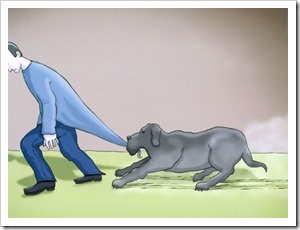
Sleep is one of the key ingredients for success. I have the perfect example to illustrate the point.
My son Tsoof is 18 years old. As his mother, I am slightly biased, but he is very smart and talented. He is in his third year of university and is excelling in everything. He is taking extra subjects, plays in three bands, he teaches two music classes and is simultaneously composing music and working on producing a show..
This week, I read an article that explained one of the reasons why Tsoof is so successful. He sleeps a lot.
Sounds funny, right? Keep reading to see what I mean.
The article I read talked about the damage of not getting enough sleep. Tsoof, from a very young age, was a good sleeper. When other kids in day care did not need to take an afternoon nap, he still slept in the afternoon. Later on, when he was in primary school and even in high school, no matter what movie was on or what he had to do for school, he slept an average of 10 hours a night. Our two daughters consider sleep to be a waste of time, but Tsoof never needed to be “encourage” to go to bed. Today, he is busier than ever before and he still averages over 9 hours a night.
Read Sleep is Important »















